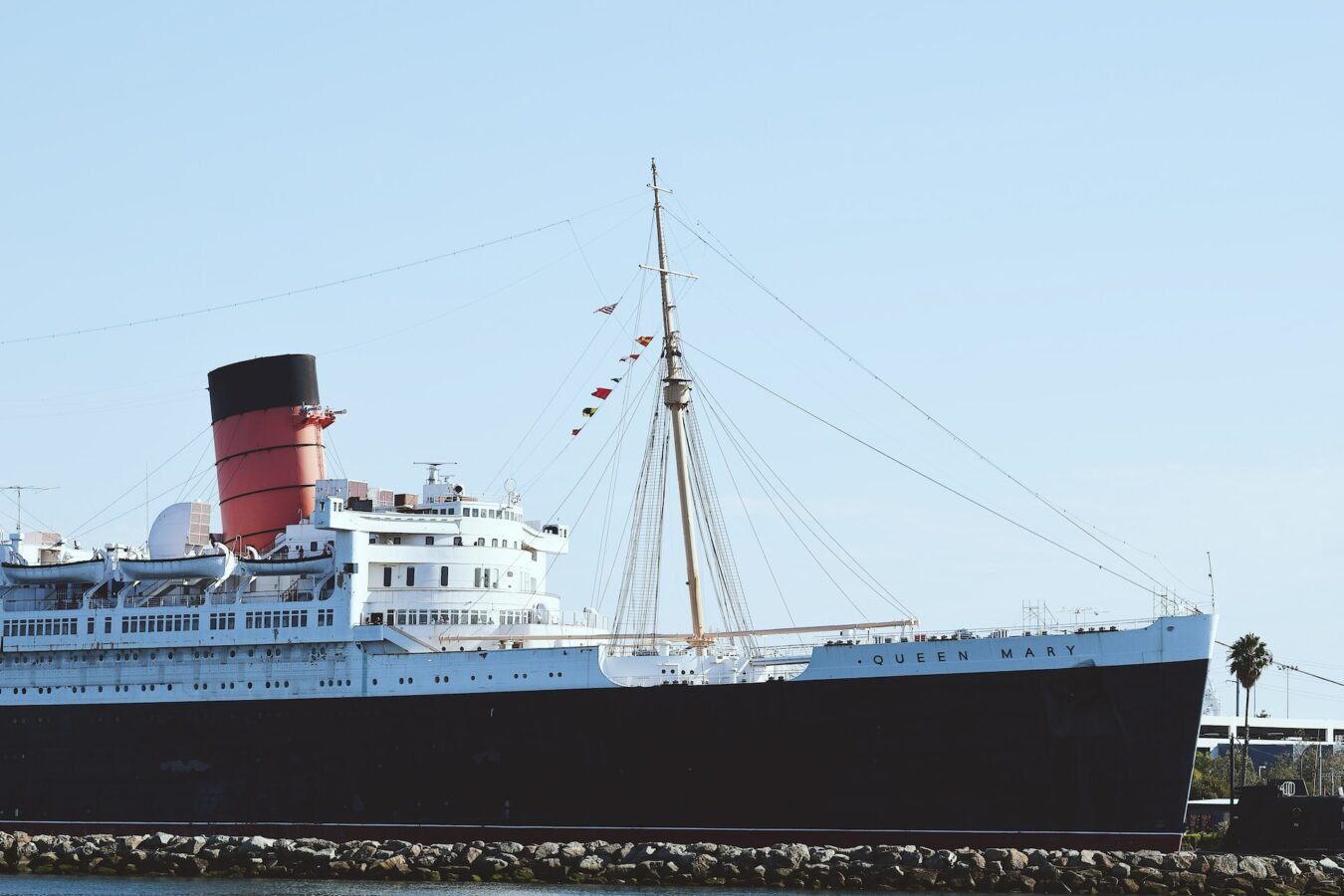I. Alfred Berg
The eldest at fourteen, I took his place:
Heinrich Steinberger, suddenly ill,
too sick to flee Vienna.
He did not survive the Holocaust.
Heinrich Steinberger, suddenly ill—
of the fifty chosen, the only one to stay.
He did not survive the Holocaust.
With my sister, I, instead, boarded the ship,
among the fifty chosen, the last one to leave
with Eleanor and Gilbert Kraus.
With my sister, I, instead, boarded the ship.
Often seasick, we watched movies
with Eleanor and Gilbert Kraus—
we didn’t understand the words.
Often seasick, we watched movies—
en route to the City of Brotherly Love.
We didn’t understand the words
of hatred in Vienna. Our parents’ shalom
carried us to the City of Brotherly Love.
Would we see them again?
Vienna’s hatred and my parents’ shalom
sent us to Camp Brith Shalomville—
would we see them again?
We ate Jell-O and fruit cocktail
after arriving at Camp Brith Shalomville.
I had brought my chess set, a reminder of home.
For months, we played, ate Jell-O and fruit cocktail,
saw doctors, practiced our English.
I cherished my chess set, a reminder of home,
while my sister and I were cared for by others.
We saw doctors, practiced our English.
Finally, in December 1939, my parents arrived.
Others weren’t so lucky. My sister and I were cared for,
survived. I took the place of Heinrich Steinberger, suddenly ill.
Finally, in December 1939, my parents arrived. In Brooklyn,
many months after our flight from Vienna, we reunited,
survived; Heinrich, suddenly ill, did not. That place
of human hate, which sickened Vienna, lives on in these
“United” States—some eighty years after our flight from Vienna.
The eldest at fourteen, I took Heinrich’s place. He did not survive the Holocaust.
II. How to Choose
Twenty-five girls, twenty-five boys—the children
waited with their parents for the choice
of who could leave and live. Between
the ages of five and fourteen,
they waited while doctors made the choice
of twenty-five girls, twenty-five boys, children
already waiting for visas, already trying
to leave Vienna’s streets: those soldiers, their noise
of searching for those who couldn’t leave and live. Between
one and two million young ones gone, toddlers and teens
who were once laughing, playing with toys:
twenty-five girls, twenty-five boys, children
now interviewed for America. Were they polite, healthy, clean?
Able to make the journey? Able to voice
why they should leave and live? Between
this life and that is a gap of forever. To kill one
is to kill generations. But fifty saved is a choice
for twenty-five girls, twenty-five boys, their children’s children
remembering who could leave and live. The choice between.
III. Waves of Separation
The children on the ship know not to wave
since hands held high look much too close to Heil,
parental sacrifice the way to save
the ones they love the most from greater hell.
Weeks later they’ll arrive at a safe shore,
but far from mother, father, sibling, friend.
They’ll grieve their homes but enter different doors.
Some long for family, cannot start again,
while others, choosing change, turn their backs
on those who risked their lives to send them first.
These parents now are foreign, can’t retract
the months of separation, all the hurt
that saved their children’s lives. The agony
that haunts the rest? Some parents couldn’t flee.
